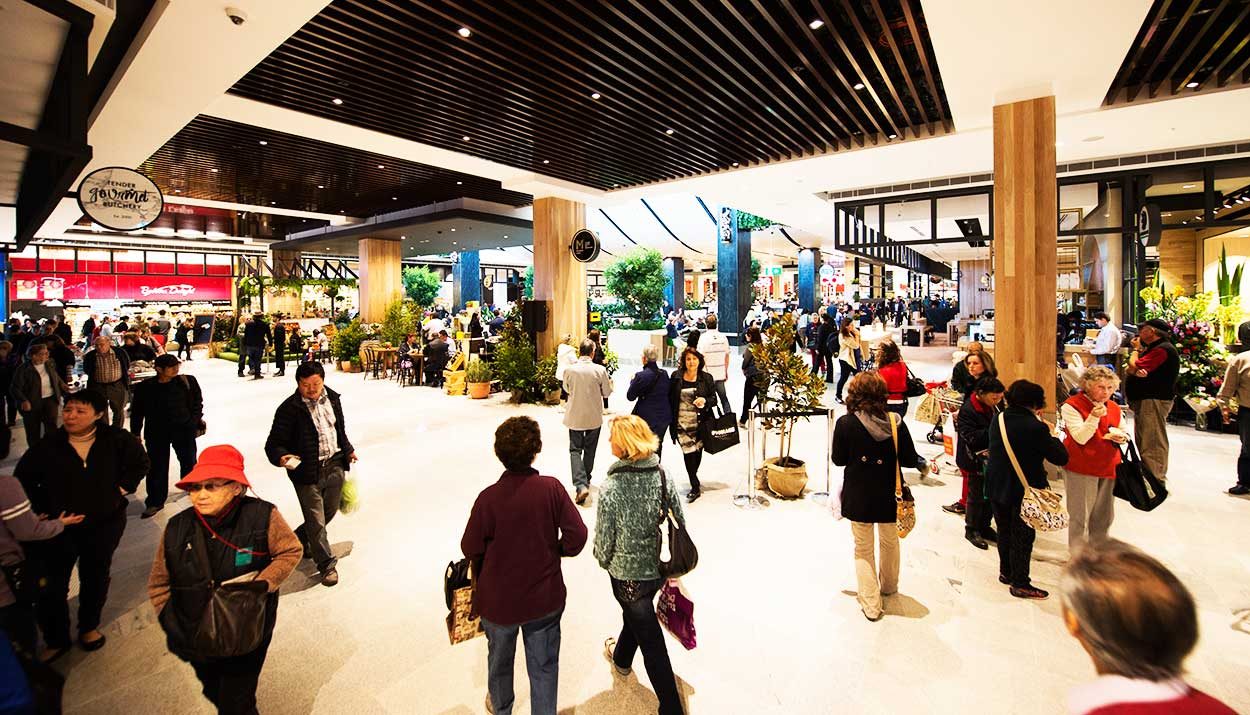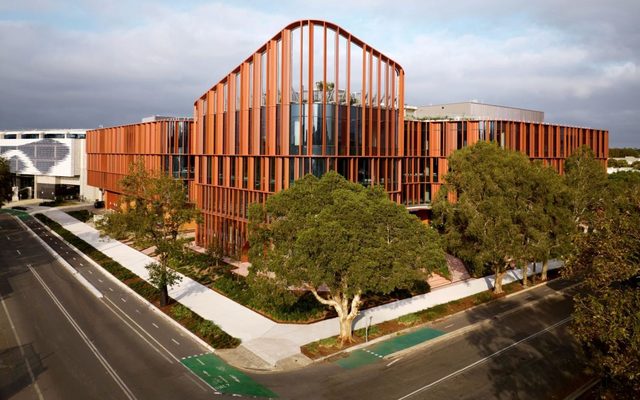This article is from the Australian Property Journal archive
RETAIL sales growth for January came in at a weak 1.1%, according to data released by the Australian Bureau of revealed, in another sign the Reserve Bank of Australia (RBA)’s interest rate hikes are making their desired impact.
The January numbers were weaker than the 1.5% increase predicted by the analyst consensus, although that was partly attributed to the December figure being revised up from -2.7% to -2.1%.
Abhijit Surya, Capital Economics Australia and New Zealand economist said, “the bigger picture is that sales turnover remains weak”.
“Notwithstanding the rebound in January, we suspect retail sales will make only modest gains across Q1 as a whole. The softness in retail spending should give the RBA greater confidence that restrictive monetary policy is subduing aggregate demand as intended,”
Sales values remain about 1% below their recent Black Friday-fuelled peak in November, while turnover was unchanged in trend terms in January.
“This means there has been no growth in retail turnover when we look through the volatility of the past few months,” said Ben Dorber, ABS head of retail statistics.
Rate cuts in Q3: Capital Economics
Surya said the near-term outlook is “far from upbeat”.
“Even if retail sales were to grow by an average of 0.3% month-on-month in February and March – which would be stronger than the average 0.1% monthly gain we saw in 2023 – that would still imply sales values rose by just 0.4% quarter-on-quarter across Q1.
“And if retail prices were to rise at a similar pace to the overall CPI, sales volumes could well fall anew this quarter. That outturn would almost certainly imply a fall in overall goods consumption as well. The upshot is that, taken together with recent downside surprise in the CPI data, the RBA is likely to have greater confidence that it has tightened policy sufficiently.
“Moreover, with the data flow likely to remain soft in the near term, we’re growing more confident in our view that the Bank will start cutting rates by Q3 itself, rather than in Q4 as most analysts are predicting.”
The Reserve Bank of Australia considered raising interest rates again at the February meeting, minutes showed, as the board remains unconvinced that inflation had come down to an acceptable level – and that further rates could still be in play. ABS data this week showed inflation at 3.4% in the year to January – lower than widely expected – while the unemployment rate lifted to 4.1%.
Category performance mixed
Amongst the retail categories, the highest year-on-year sales increases were in the other retailing sector, including recreational, sporting goods and cosmetics, up 2.8%.
Cafés, restaurants, and takeaway were up 2.5% and food also recorded growth (1.9%).
Falls were seen in clothing, footwear and accessories (1.7%), household goods (1.4%) and department stores (1.3%).
Australian Retailers Association CEO Paul Zahra said January’s results were subdued as anticipated, likely a result of shoppers limiting their spending after Christmas and the first week of Boxing Day sales.
“The two strongest performers, ‘other retailing’ and cafes, restaurants, and takeaway, would have been bolstered by people wanting to enjoy their summer outdoors,” he said.
He said that while spending on food remains stable, the category performance has reduced in recent months with shoppers increasingly opting for value brands and lower-cost options where possible.
“The biggest discretionary categories, clothing, household goods and department stores, all suffered decline as Australians tightened their purse strings amid the cost-of-living crunch,” he said.
National Retail Association director Rob Godwin shoppers are continuing to feel the impact of the cost-of-living challenges and interest rate increases, “making it a difficult time to be a discretionary retailer”.
“Income from the festive season is usually the pot of gold at the end of a hard year for retailers, but poor sales have forced businesses to carry the cost of sales into January.
“Ahead of their two-day monetary policy meeting next week, retailers are calling on the Reserve Bank to move up their timeline on interest rate cuts as inflation eases and as spending stagnates,” he said.




